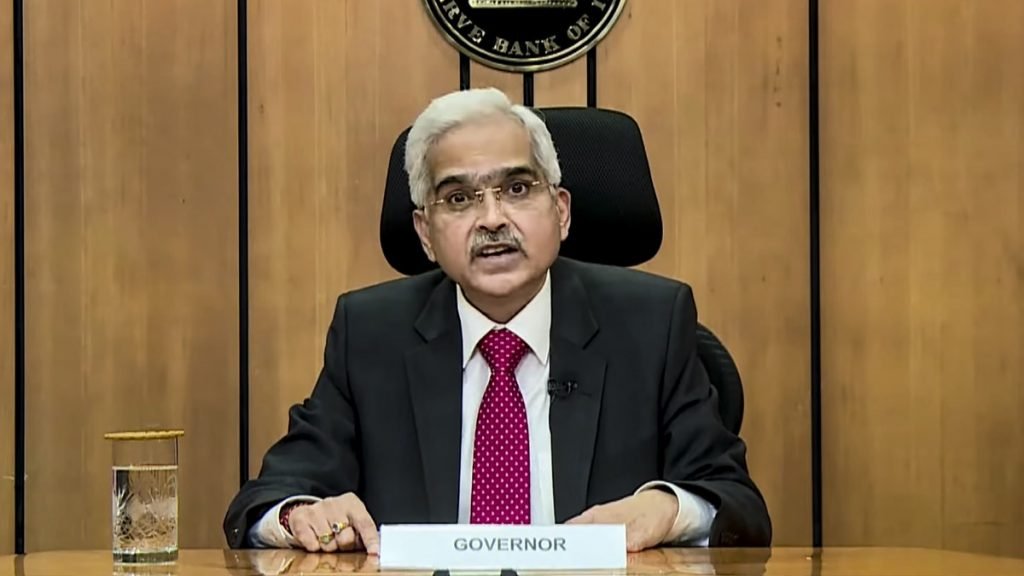Fair Audit Necessary For Resilient Economy: Shaktikanta Das
Fair audit necessary for resilient economy: Shaktikanta Das.
Reserve Bank Governor Shaktikanta Das on Monday said fair auditing is essential for a resilient economy as it instills confidence among citizens.
Talking to officials at the National Academy of Audit and Accounts, Das said the audit is necessary for the country as public expenditure decisions are based on these reports.
Seeing the need to improve the quality and depth of audits, he said that the Reserve Bank, in consultation with the Institute of Chartered Accountants of India (ICAI), has taken several steps to improve the audit of banks and financial institutions.
Listing some of the recent measures, he said, the risk-based internal auditing system for commercial banks was strengthened in January this year.
Das said that RBI is emphasizing a strong governance framework in banks, NBFCs to build a resilient financial sector.
He said, with globalization and increasing complexities of the financial system audit as a public good has become important for a good, stable, and vibrant financial system.
The Governor urged the auditor community to update and improve the skills on a continuous basis and perform their work in the most effective manner.
Fair audit necessary for resilient economy: Steel products can be expensive.
To compensate for the increase in the cost of production, JSW Steel is preparing to levy a surcharge on the sale of its steel products to long-term original equipment manufacturers.
If this happens, JSW Steel will be the first company to introduce the concept of surcharge in the domestic steel market.
JSW Steel’s Joint Managing Director and Chief Financial Officer (CFO) Seshagiri Rao said there is huge pressure on the cost of production.
The cost of steel production per tonne rose 19 percent or Rs 6,600 on a quarterly basis in July-September.
The price of coking coal has also gone up from $120 a tonne to $400 a tonne in just four weeks. It is the main raw material for steel manufacturing.
When asked whether the company was looking to pass on the increase in the cost of production to consumers, he replied in the affirmative.




